Flying Dutchmen
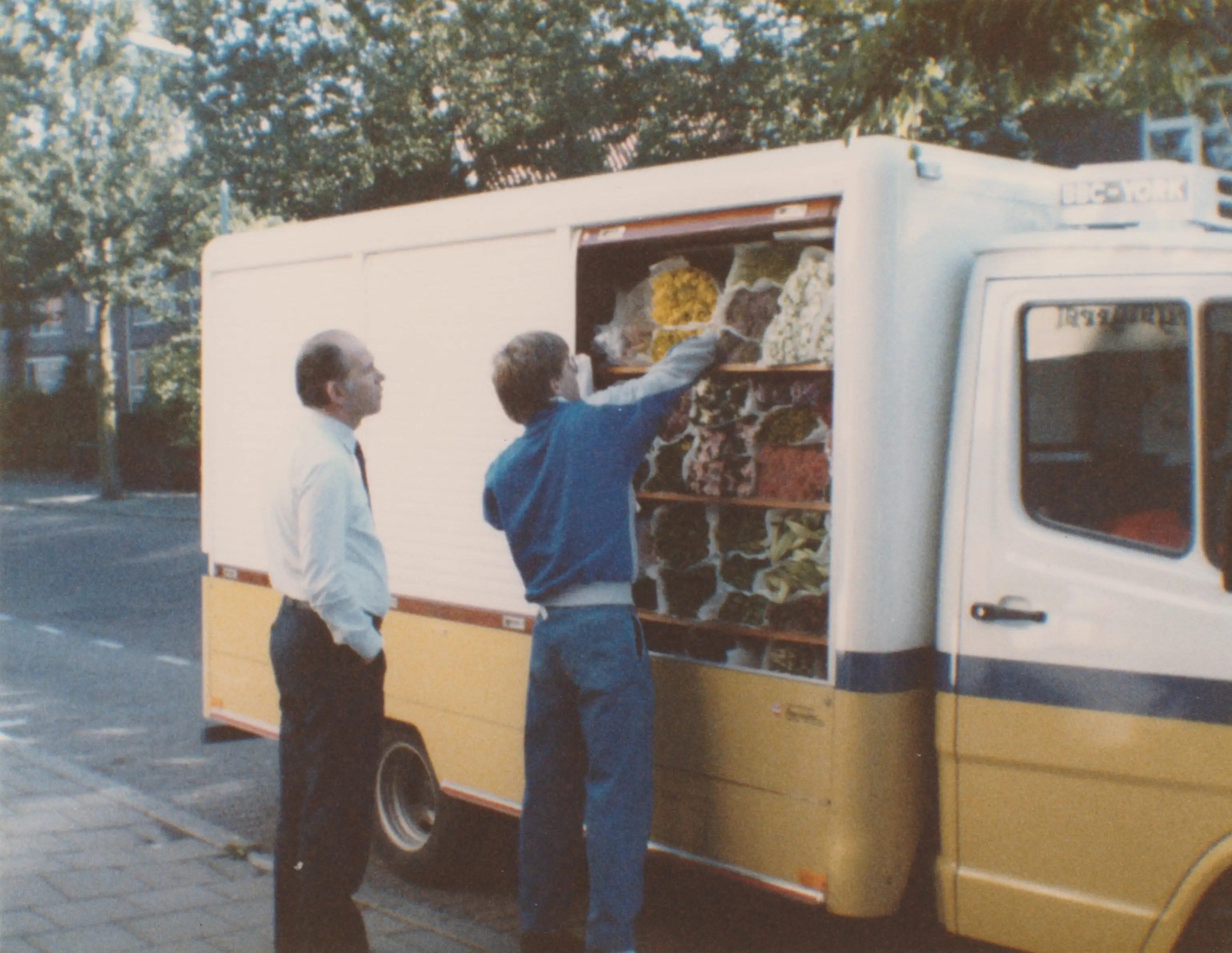
In the world of flower trading, there is a unique and age-old tradition known in Dutch as "Lijnrijden". In English , the term literally means a line driver or hauler, and it has sometimes been loosely translated as "Flying Dutchman". Although it does not involve the ghostly apparitions of the legendary Flying Dutchman, this tradition carries a rich history dating back to the 18th century in the Netherlands. We are proud to be part of this history and want to share it with you.
The origins of the flower trade
Around the year 1400, roses were being cultivated near Rijnsburg Abbey, a village in the Netherlands where Heemskerk Flowers later originated and is still based. As prosperity increased, flowers began to play an important role in everyday life. By 1750, half of the flower traders at the Hague Market were from Rijnsburg. The availability and affordability of flowers started increasing around 1850, which led to the creation of the Rijnsburg flower auction in 1914. After World War II, the simple gesture of putting flowers on the table became an integral part of everyday life.
The evolution of mobile wholesalers
In earlier times, flower traders used horse-drawn carts, and later switched to bicycles with large baskets. Recognising the potential to reach customers further afield, the concept of the "mobile wholesaler" was born. These were independent flower traders who loaded their trucks with a variety of flowers, took them to customers and sold them at their own risk. At the end of their trip, the "line breaker", also known as the "unloader", made sure that no flowers were returned, and in return customers paid a lower price for what was left. Trucks with roll-up doors were common in the early years of mobile wholesalers, and today drivers use enclosed trucks or trailers, often equipped with side doors and steps to keep customers dry in the rain.
A. Heemskerk BV: Mobile Wholesaler Pioneers
Back then, our company was still called A. Heemskerk BV. We were a well-known name in the flower industry and played a crucial role in the development of mobile wholesalers. We not only provided a platform for our own mobile wholesalers, but we also managed several independent routes. Over the years, our mobile wholesalers expanded to countries such as the UK, Germany, Switzerland and even Sweden. As we grew, our reach extended to countries like England, Ireland, Wales and Switzerland, where mobile wholesalers set up their own routes.
Modern mobile wholesalers
Today, Heemskerk Flowers continues the tradition of mobile wholesalers, with five routes to England, two to Northern Ireland, one to Wales and three to Switzerland. We have also embraced the digital age and many of the routes are now taking direct online sales.
The Rijnsburg auction, originally the hub for mobile wholesalers, remains an important source of produce. Here, mobile wholesalers gather to buy the flowers and plants they will later distribute.
A living tradition
The tradition of mobile wholesalers began years ago and still lives on today. Heemskerk Flowers and other companies continue to operate routes to England, Germany, France, Ireland and Switzerland. Mobile wholesalers make weekly rounds and deliver a bounty of flowers, plants and decorative materials directly to florists' doors.
Mobile Wholesalers with Passion
In a world where modern conveniences often replace age-old traditions, mobile wholesalers stand as a testament to the enduring spirit of commerce and the timeless beauty of flowers. They are modern pioneers delivering the essence of nature's beauty to customers. Meet some of our passionate mobile wholesalers, some of whom are still working as mobile wholesalers today.
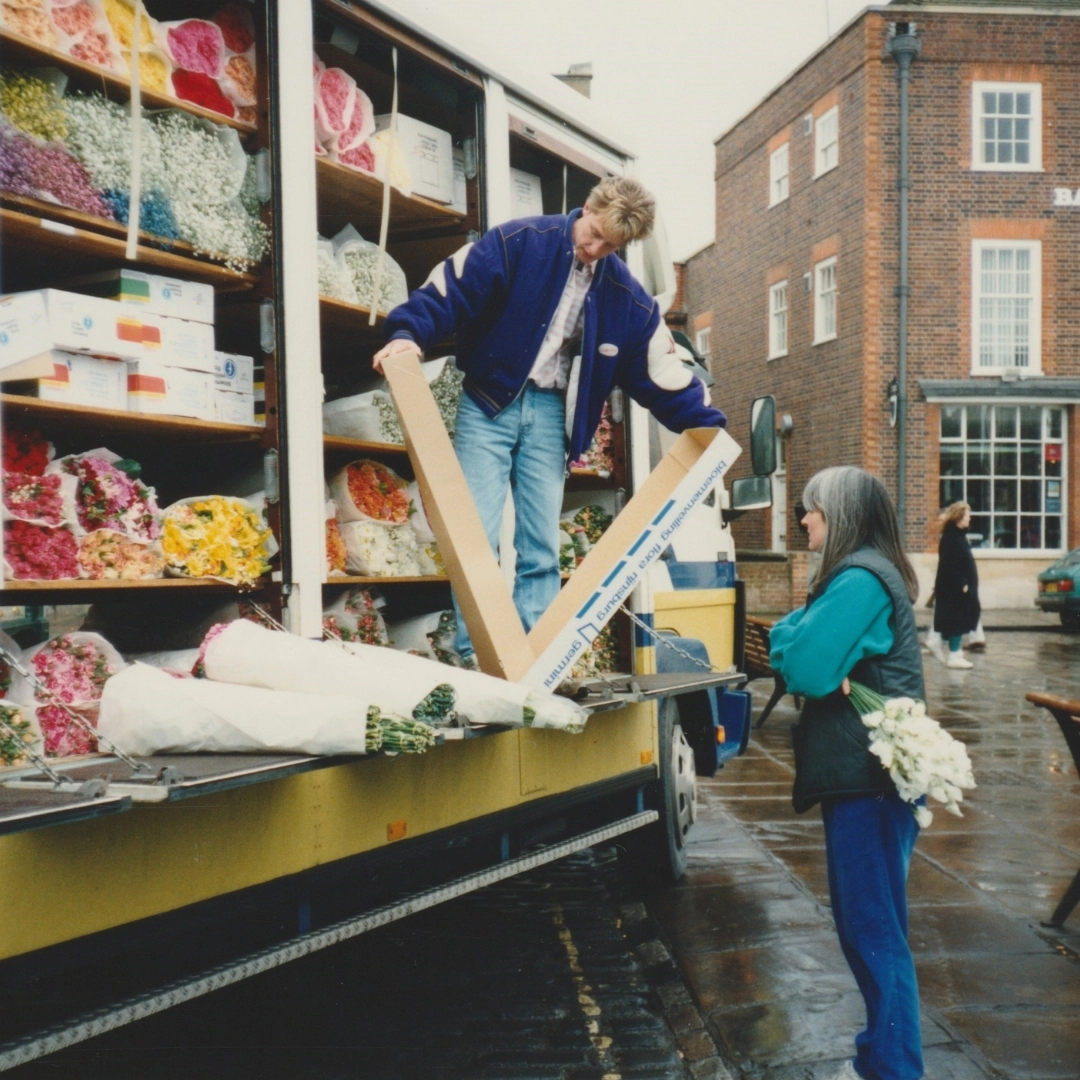
Hans van Gent
.webp)
Cock Kromhout
.webp)
Hans Langeveld
.webp)
Daan Wolthaus
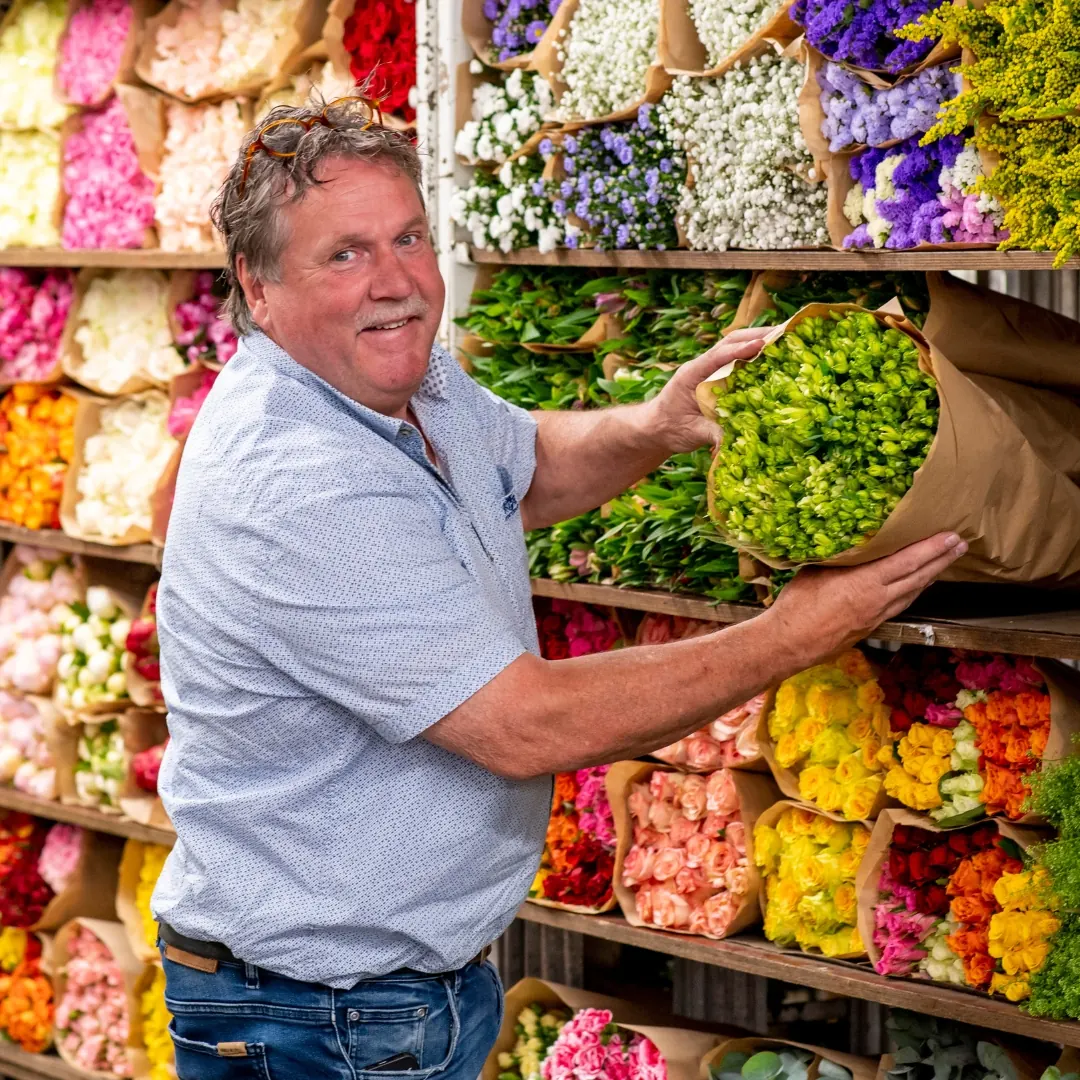
Willem van Rhijn
.webp)
Bob van Leeuwen
Employee spotlight
Let yourself be surprised
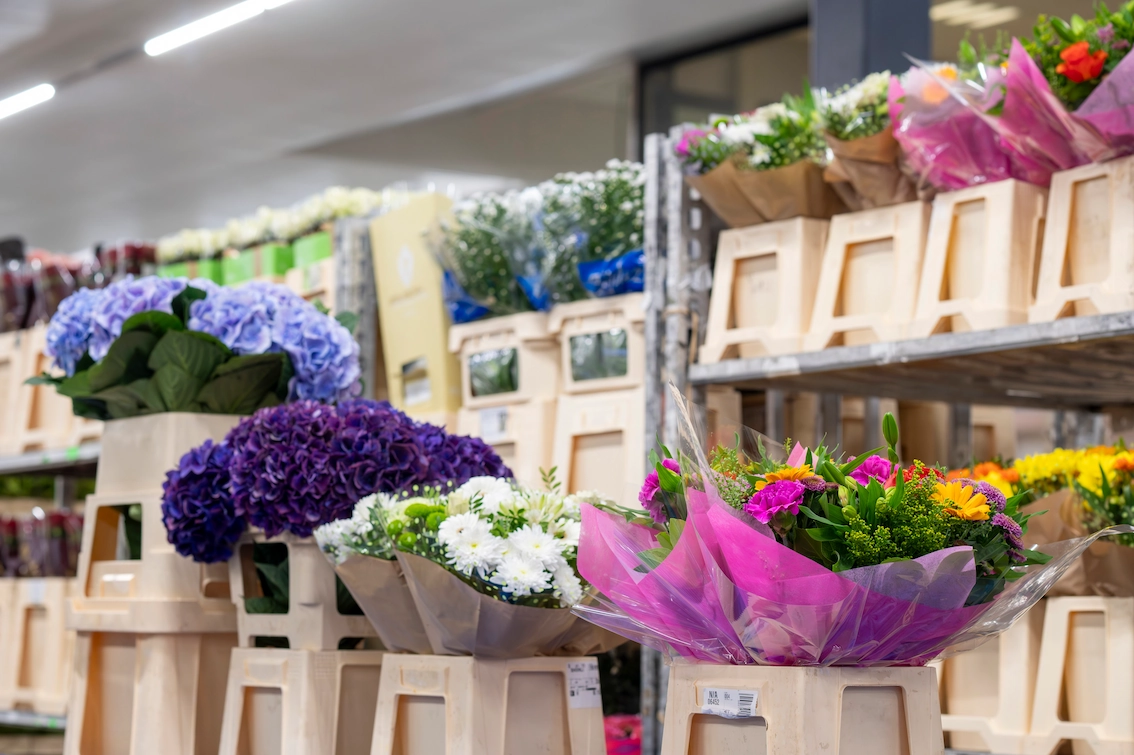
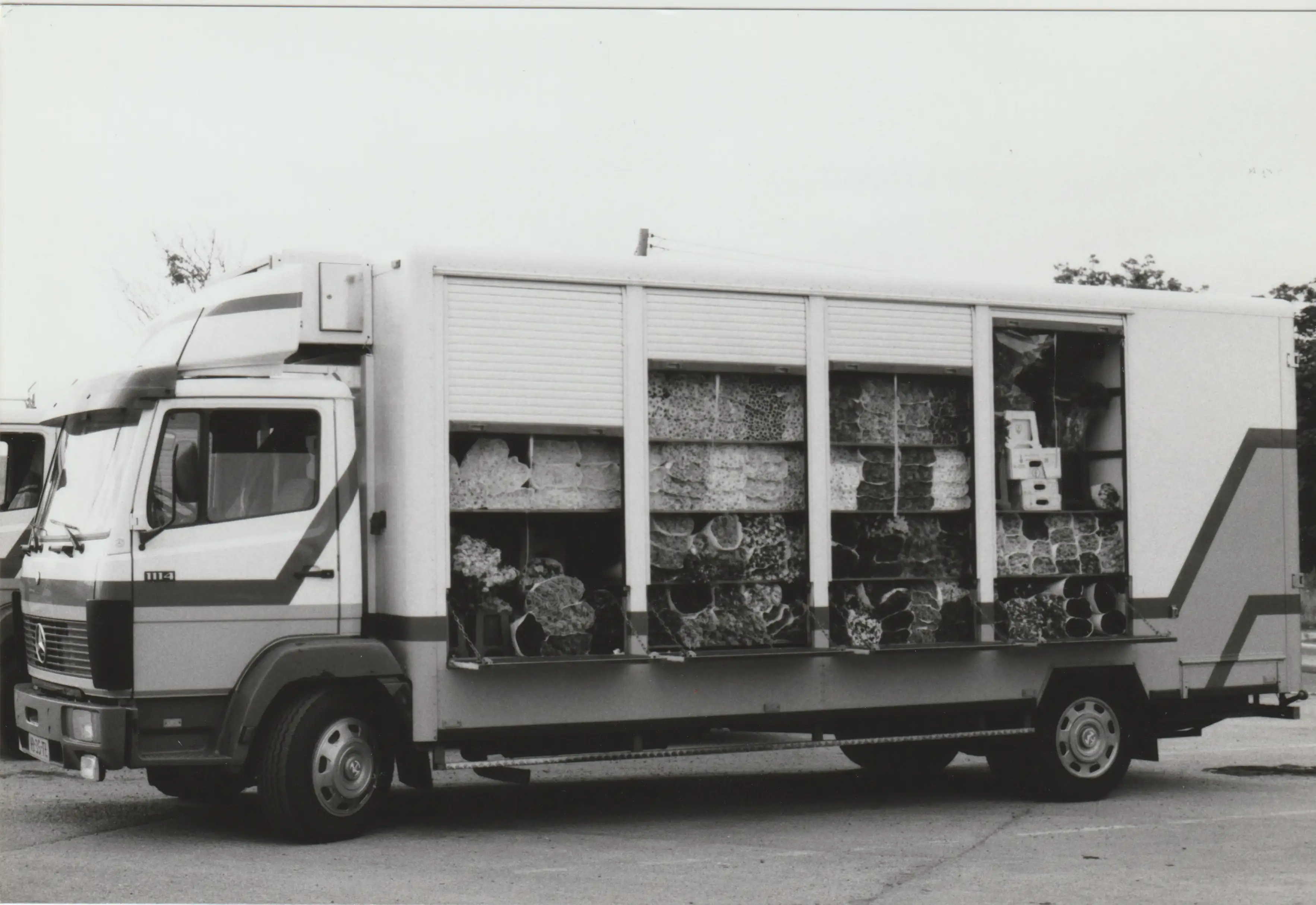
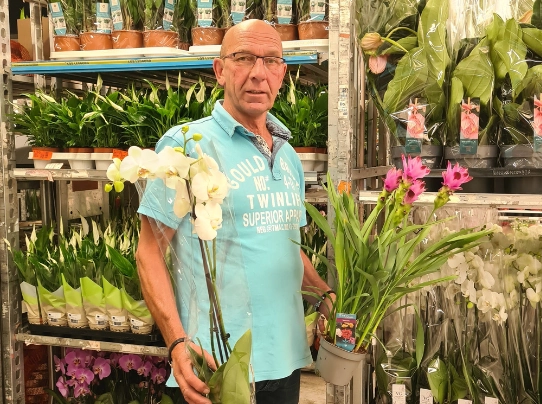
.jpg)
.webp)